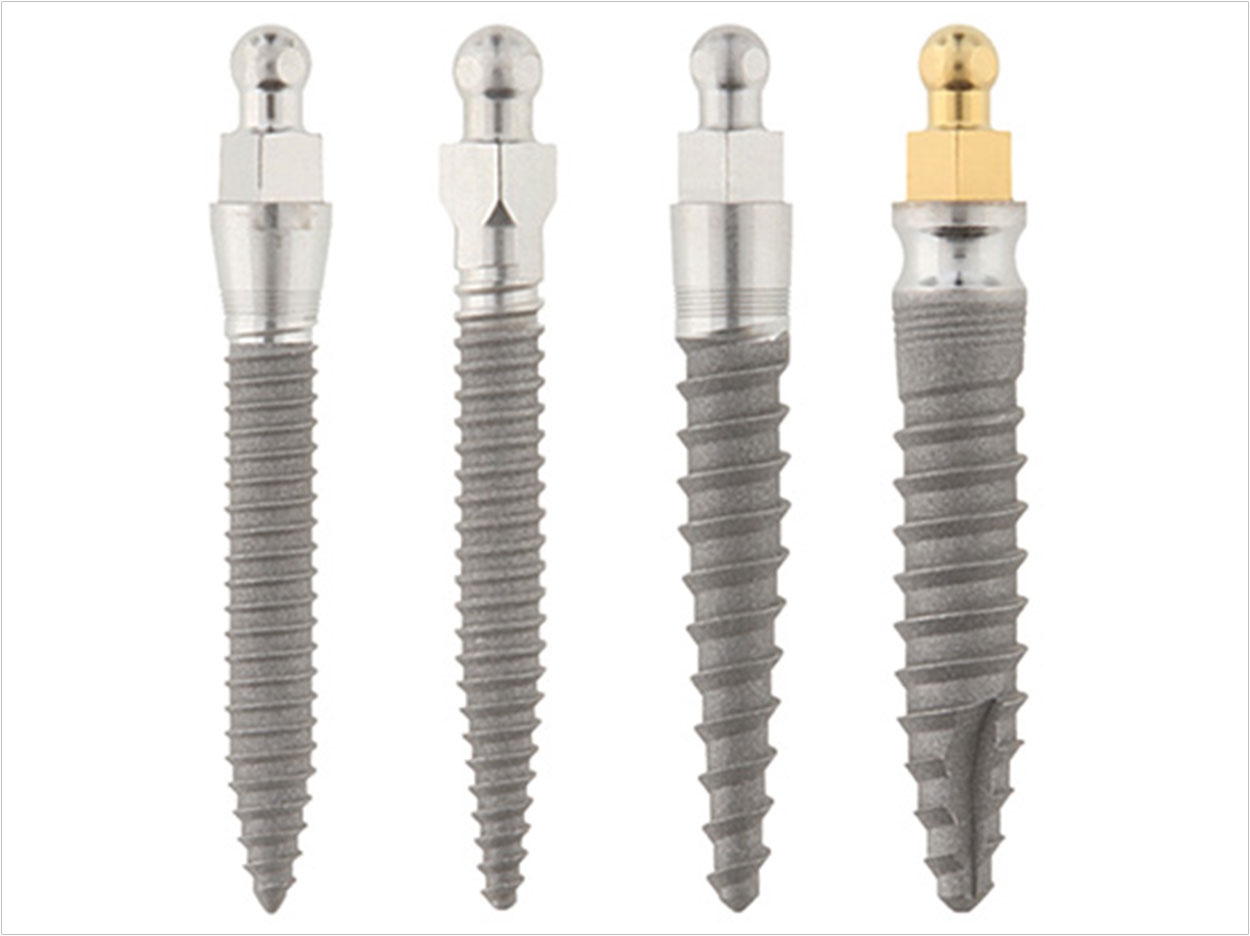
About 80 million American adults have been diagnosed with high blood pressure, according to the American Heart Association, and many of these patients take antihypertensive medication to treat it. Yet these drugs may have a positive impact on dental implants as well, according to a recent study.
“It is important to be aware of all the medications taken by our patients since some of them could influence the treatment outcome,” said Faleh Tamimi Marino, DDS, an assistant professor with the Faculty of Dentistry at McGill University and a co-author of the study. “Antihypertensive drugs, and, in particular, beta blockers, could influence the results of implant treatments in a positive way, and this is something both the treating dentists and the patients should be aware of.”
According to the researchers, antihypertensive drugs generally benefit bone formation and remodeling, influencing osseointegration. They also are associated with a lower risk of bone fractures. The researchers, then, examined 1,499 implants in 728 patients: 327 implants in 142 patients who used antihypertensive drugs, and 1,172 in nonusers. The data indicated that only 0.6% of the implants failed in patients using antihypertensive drugs, while 4.1% failed in nonusers.
“People taking antihypertensive drugs have almost 8 times less failures than people not taking these drugs,” said Tamimi Marino. “In other words, one in every 20 dental implants tends to fail in the general population. However, in patients taking antihypertensive drugs, only one in 200 implants seems to fail.”
The researchers note that other factors may affect failure rates, including other medications, smoking, the number of implants per patient, bone surgeries, implant dimensions, age, and gender, though their study adjusted for all of these factors. They also note that this could be the first study showing that the systemic use of a medication could be associated with a higher survival rate of dental implants.
The study, “Antihypertensive Medications and the Survival Rate of Osseointegrated Dental Implants: A Cohort Study,” was published by Clinical Implant Dentistry and Related Research.
Related Articles
Antidepressants Increase the Risk of Implant Failure
Study Uncovers Implant Failure Risk Factors
Treatment Planning for Dental Implants

